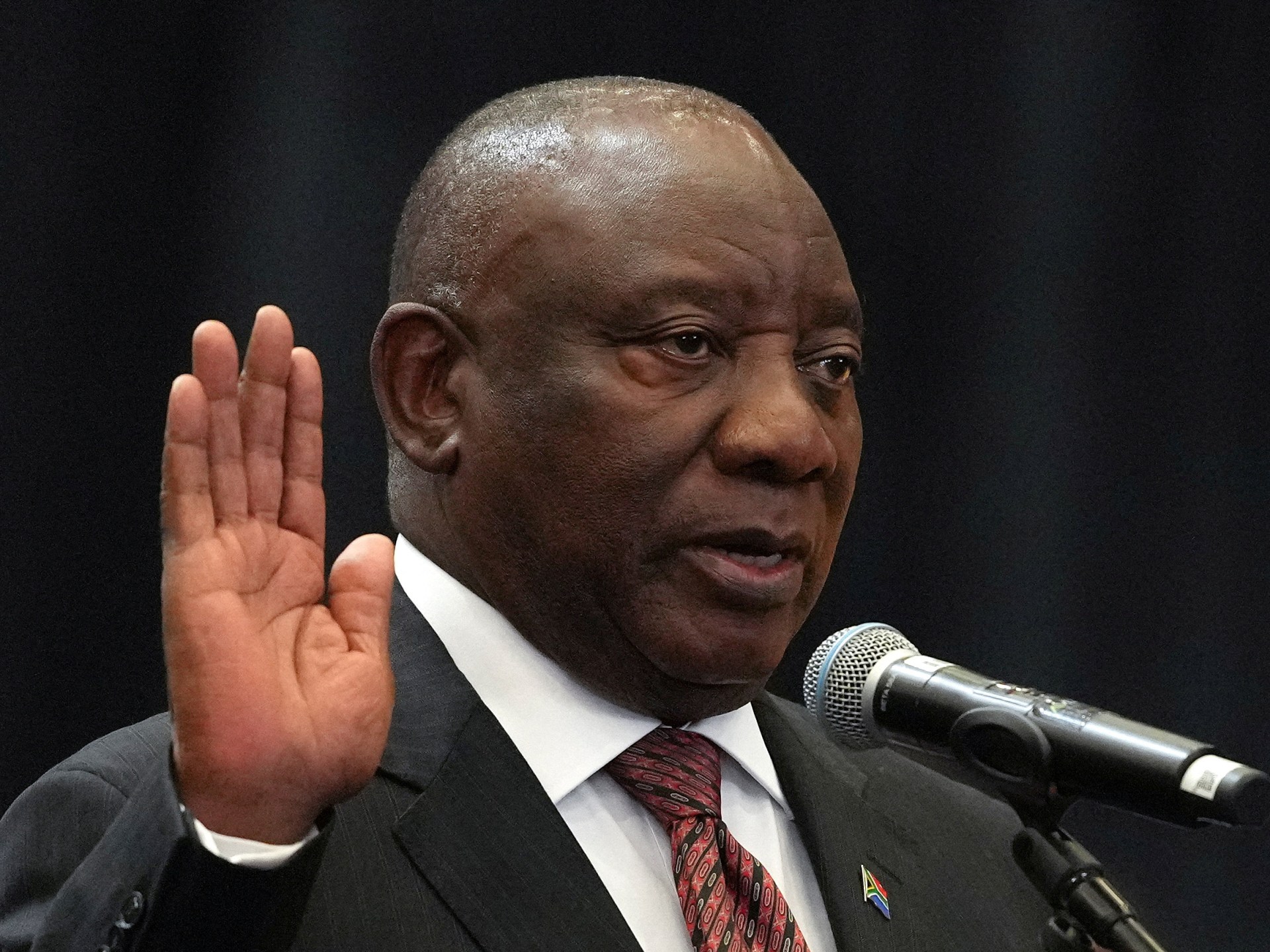Ramaphosa’s office said in a statement on Wednesday that the landmark decision will address allegations of “improper influence in delaying or hindering” investigations involving post-apartheid governments led by the African National Congress (ANC) party.
The families of victims have fought for so long for justice, according to Ramaphosa’s office, and “President Ramaphosa understands the agony and frustration of the victims’ families.”
Following 25 survivors and relatives of victims of apartheid-era crimes filing a lawsuit in court in January, the president announced the creation of a judicial commission of inquiry.
In spite of the recommendations made by the post-apartheid Truth and Reconciliation Commission, successive South African governments have failed to properly investigate unresolved killings, disappearances, and other crimes committed during the era of forced racial segregation.
Nelson Mandela, the commission’s former president, and Desmond Tutu, a fellow Nobel Peace Prize winner, presided over the establishment of the commission in 1996.
Its goals included exposing and documenting apartheid-era crimes, as well as allowing some of the perpetrators to confess their crimes, including those who worked for the apartheid government and were key players in numerous killings.
When apartheid ended in 1994, the ANC spearheaded the struggle against the system of white minority rule in South Africa. However, some have criticized ANC-led governments since then for putting national reconciliation before victims’ rights.
The Cradock Four, a group of Black anti-apartheid activists who were kidnapped and murdered by security forces in 1985, is one of the most well-known unresolved cases. Security personnel were allegedly torturing them after their bodies were burned.
The killings have never been fully investigated, and no one has been charged with a crime. These crimes count among the countless ones committed during apartheid and where victims and their families continue to be denied justice.
Lukhanyo Calata, whose father Fort was a member of the Cradock Four, is a member of the group that sued the country’s current government in January.
At the start of the case, Calata claimed that successive South African governments, including those under President Thabo Mbeki’s rule from 1999 to 2008, had ignored the commission’s recommendations and denied victims and their families justice.
Source: Aljazeera

Leave a Reply